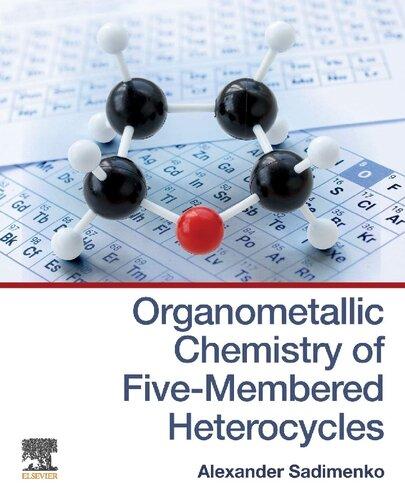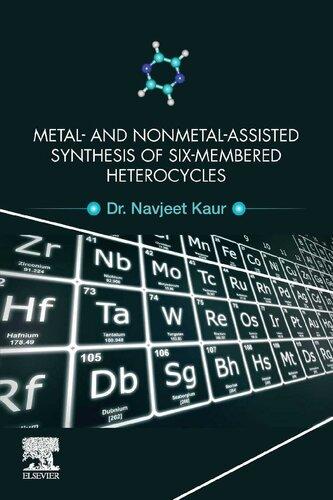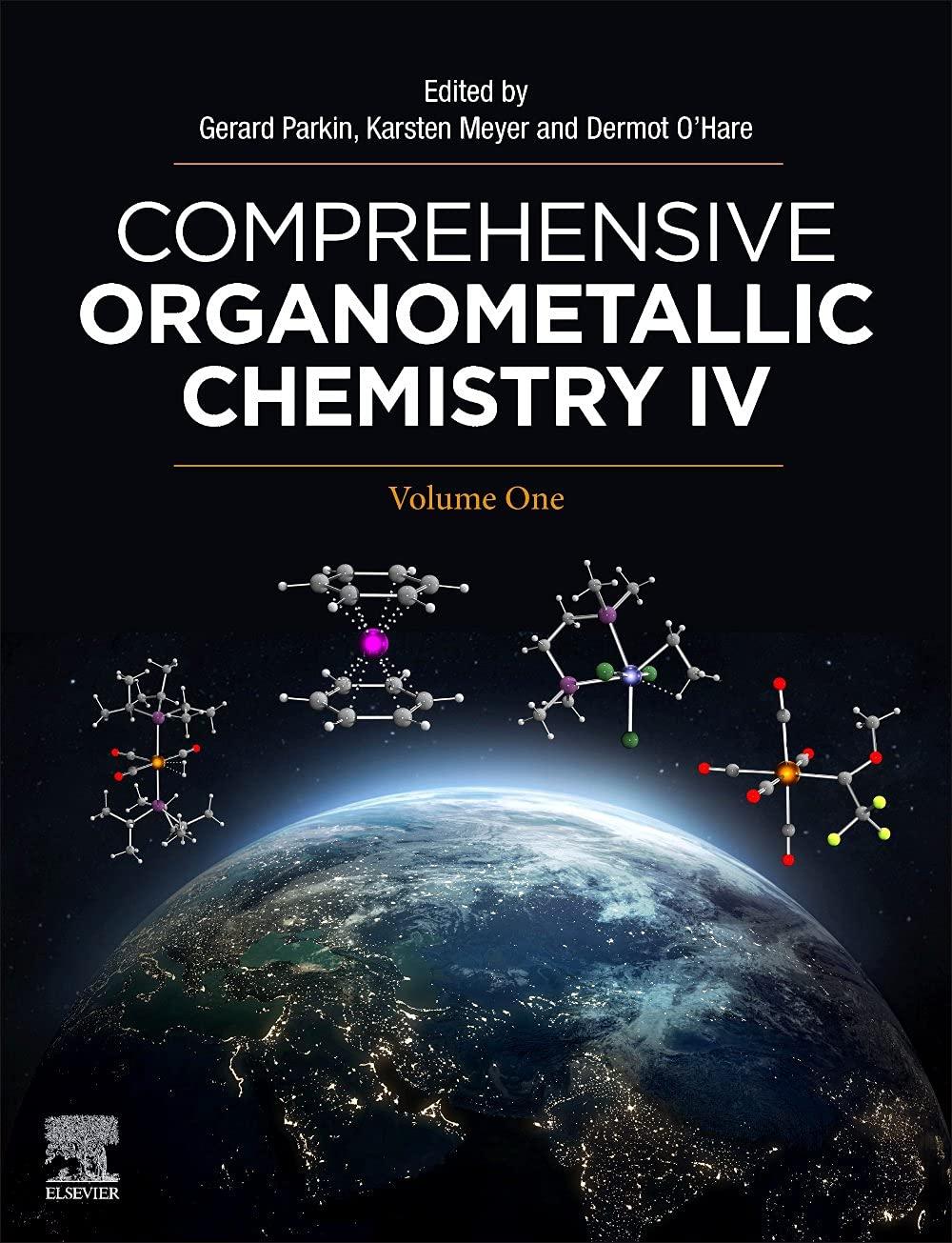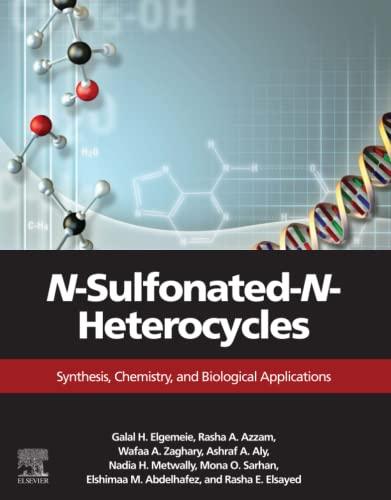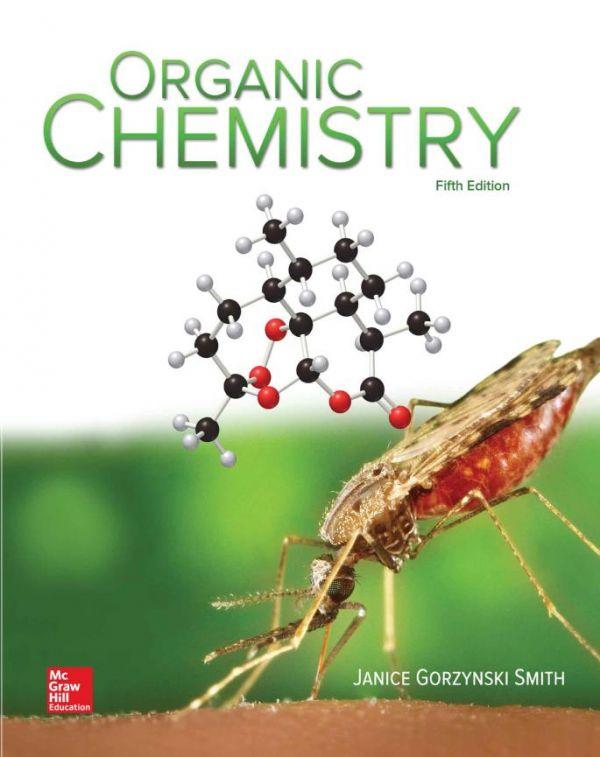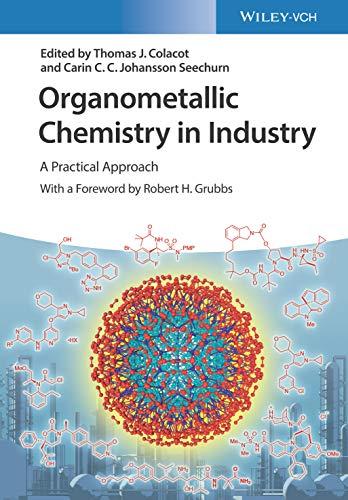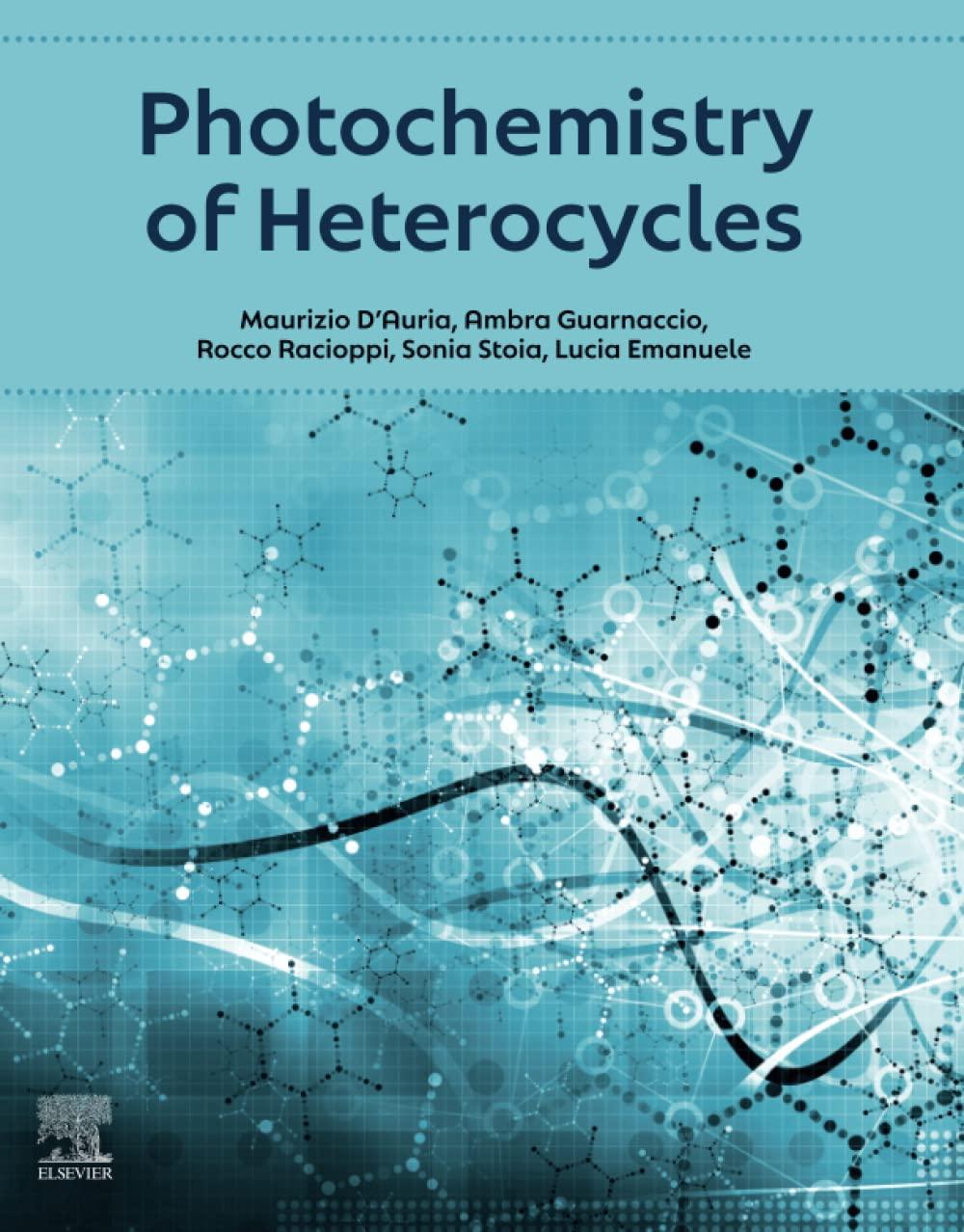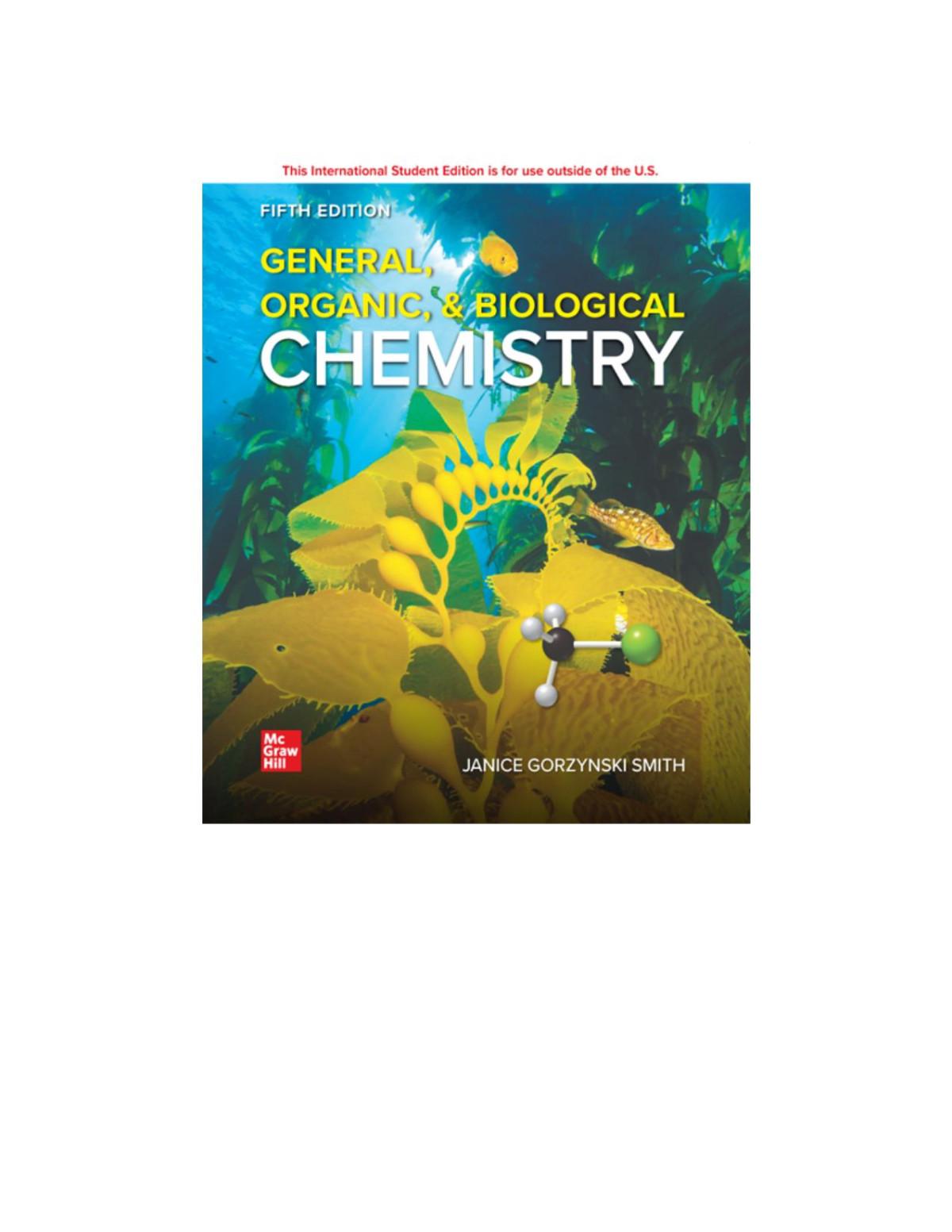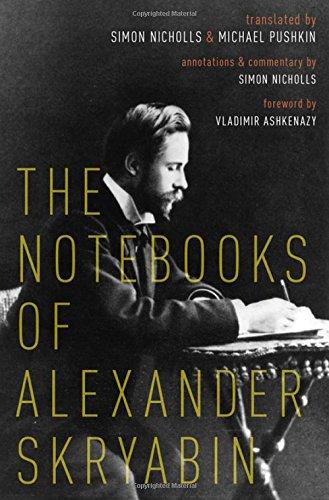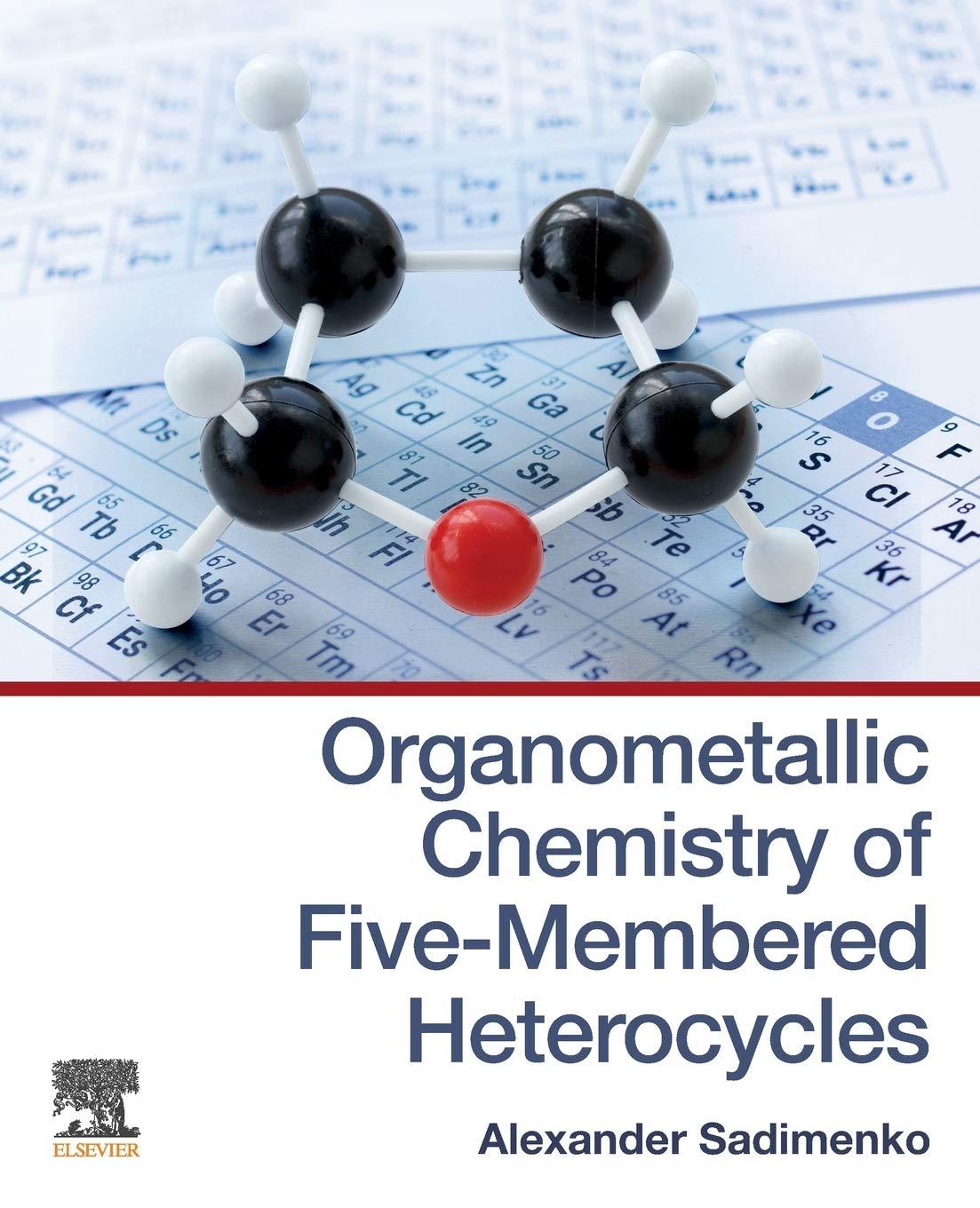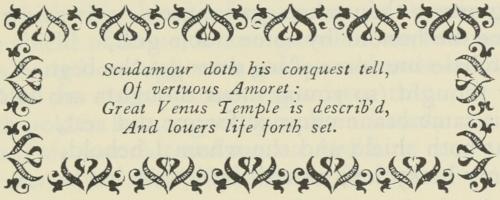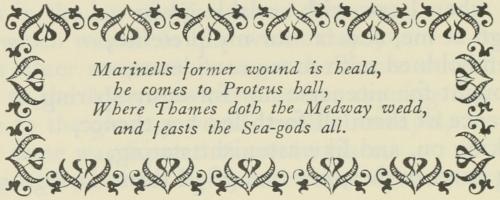Furansandbenzannulatedforms
Thescopeissynthesis,coordinationmodes,andreactivityofthecoordinatedfuran, someofitsderivatives,andbenzannulatedforms.Thiols,amines,Schiffbases,phosphine derivatives,andmixedheterocyclesoffuransareconsideredinseparatesections.
Furanisaplanarheteroaromaticligand,morereactivethanbenzeneduetothe electron-donatingeffectsofheteroatom.Itisoflowaromaticityandchemicallyresembles 1,3-dienes.Itundergoeselectrophilicsubstitutionpredominantlyatthe α-position,polymerizesinthepresenceofelectrophiles,andundergoesDiels Alderreactions.Onlyseldomis2,5-functionalizationpossible.Thescopeofchemicaltransformationsisapparently narrowdespitethehighdemandforvariouslyderivatizedfuransinsyntheticorganic chemistry(naturalproducts,pharmaceuticals,flavororfragrancecompounds).Furanis formallyclassifiedasa π-excessiveligand,althoughitisnotproneto π-complexformation withfewexceptions (01AHC1).
Althoughbenzofuranisconsideredtobearomatic,itselectronicdistributionissuch thatthe π-donorabilityislowerthaninfuran,that is,itislessaromaticthanfuran.The influenceoftheheteroatomislimitedbythefive-memberedcycle.Theoxygenatomisa stronger σ-acceptorandaweaker π-donorthaninfuran.Thefuranringofbenzofuranis less π-excessivethantheparentheterocycle,andthebenzeneandfuranringsarefairly independent.Dibenzofuranisverystable;itsfirstionizationpotentialis π innature.The HOMO LUMOtransitionreflectsthedieniccharacterofthefive-memberedring.This leadstoageneralviewoftheelectronicdistributioninbenzannulatedfive-membered heterocycles.The π-electrondelocalizationiscompleteonlyforthecarbocyclicconstituentofthemolecule.Thusonemayexpectthatcoordinationofmetalcarbonylsshould occurviathe π-conjugatedcarbocyclicsystemandtheheteronucleusshouldtakepartin π-complexformationonlywithdifficulty.
1.1Coordinationmodes
1.1.1 η1(C)-mode
Cocondensationoffuranwithlithiumatomsinthevaporphaseleadstothesequential C Hactivationatthe α-carbonatoms(Eq.1.1) (04EJI4525).Withcalciumatoms,similar Ca Hderivativesareproduced (06JOM1110) 1
Dibromodifuranwithtrimethylsilylgroupsatthe2-and6-positionsoftheadjacent five-memberedringswithp-block(silicon,germanium,orphosphorus)dichloridesgive stabledifurans,bridgedbydiphenylsilyl,diphenylgermyl,or,andphenylphosphinoxide groups η1(C)-coordinatedwithrespecttothefuranrings( Eq.1.2) (17OM2565).
3,30 -Diiodobi(benzofuran)with n-butyllithiumfollowedbydialkylchlorosilaneor-germaneaffordedthe η1(C)-coordinatedpolycycle(Eq.1.3) (16OM2327)
2-Lithiofuranwithtintetrachlorideaswellastetrakis(2-benzofuryl)tinwithpotassium givehomolepticsix-coordinatewithrespecttotinandtwo-coordinatewithrespecttoan alkalimetaltrinuclear2-furyl-and2-benzofuryltin(IV)wheretinis η1(C)-coordinatedand lithiumorpotassium η1(O)-coordinated(Eq.1.4) (17D8279).2-Lithiofuran(Eq.1.5)and2benzofuran(Eq.1.6)withtetrakis(2-furyl)tinortetrakis(2-benzofuryl)tingivehomoleptic pentacoordinatetinanions,inwhichcationsarealkalimetalscoordinatedbysolvents (Eq.1.7).
H 3O) 4
H5O) 4 THF
Li(THF) 4
2
Furaniscoordinatedtothe ansa-molybdoceneinan η1(C)-mannerformingC2-andC3coordinatedisomers(Eq.1.8),whilebenzofuranissolely η1(C3)-coordinated(Eq.1.9) (06POL499). η1(C2)-coordinationisrealizedin[(η5-Cp)Mo(CO)2(PPh3)(2-C4H3O)],whichis theresultofcouplingbetweencoordinatedCOofNa[(η5-Cp)Mo(CO)3]andepibromohydrin (BrCH2CHOCH2)inthepresenceofanexcessPPh3 (87OM1821).
MercuriatedfuranwithFe2(CO)6-basedcompoundgivestheproduct,inwhichfuran performsthe η 1 :η 2 bridgingfunctionbetweentwoironsites(Eq.1.10) (92OM3262).
HgCl (Et 3NH)[Fe 2(CO) 6( μ -CO)( μ -RS)] R=Ph,Bu t
FacileC Hactivationoffuranand2-methylfurantakenastriphenylphosphineadducts occurswiththeFe(II)organometallicprecursor(Eq.1.11) (13OM1797).
R [( η5-Cp * )Fe(CO)(AN)Ph] O R Fe(CO)(PPh 3) PPh 3 R=H,Me
Deprotonationoftherutheniumcarbeneleadstothecyclizationandgenerationofthe 2-furyl(Eq.1.12) (10OM38).Intheprocessofruthenium-catalyzedcyclizationof1,3butyne-2-diolsleadingtosubstitutedfurans,the η1(C2)-coordinatedfuranispostulated (08OM3614).Thewholeseriesofsuchreactionshasbeenreviewed (13CRV3084).
Cp(Ph 3 P) 2Ru
3 P) 2Ru O OR1
R=Ph,Me,R1 =Et
R=R1 =Me
Deprotonationoftheruthenium α,β-unsaturatedpropargyloxycarbenegivesthe η1(C)coordinatedbenzannulatedfuran(Eq.1.13) (00OM4).
Cp(CO)Ru(PPr i 3 )
2C CH CPh 2 =CH
Al 2 O3 Cp(CO)(Pr i 3P)Ru Ph O
Furans(Eq.1.14)andbenzo[b]furan(Eq.1.15)enterintotheC Hbondcleavageaccompaniedbythecoordinationmodechangeofcyclooctadieneintheruthenium(0)precursor (03ICA160).
Another random document with no related content on Scribd:
Whome they had lost in Turneyment of late,
And seeking long, to weet which way she straid,[161]
Met here together, where through lewd vpbraide Of Ateand Duessathey fell out, And each one taking part in others aide, This cruell conflict raised thereabout, Whose dangerous successe depended yet in dout.
For sometimes Paridelland Blandamourxxv
The better had, and bet the others backe, Eftsoones the others did the field recoure, And on their foes did worke full cruell wracke: Yet neither would their fiendlike fury slacke, But euermore their malice did augment; Till that vneath they forced were for lacke Of breath, their raging rigour to relent, And rest themselues for to recouer spirits spent.
There[162] gan they change their sides, and new parts take; xxvi For Paridelldid take to Druonsside,
For old despight, which now forth newly brake
Gainst Blandamour, whom alwaies he enuide: And Blandamourto Claribellrelide.
So all afresh gan former fight renew.
As when two Barkes, this caried with the tide, That with the wind, contrary courses sew, If wind and tide doe change, their courses change anew.
Thenceforth they much more furiously gan fare, xxvii
As if but then the battell had begonne, Ne helmets bright, ne hawberks strong did spare, That through the clifts the vermeil bloud out sponne, And all adowne their riuen sides did ronne. Such mortall malice, wonder was to see In friends profest, and so great outrage donne: But sooth is said, and tride in each degree,
Faint friends when they fall out, most cruell fomen bee.
Thus they long while continued in fight, xxviii Till Scudamour, and that same Briton maide, By fortune in that place did chance to light: Whom soone as they with wrathfull eie bewraide, They gan remember of the fowle vpbraide, The which that Britonesse had to them donne, In that late Turney for the snowy maide; Where she had them both shamefully fordonne, And eke the famous prize of beauty from them wonne.
Eftsoones all burning with a fresh desire xxix
Of fell reuenge, in their malicious mood They from them selues gan turne their furious ire, And cruell blades yet steeming with whot bloud, Against those two let driue, as they were wood: Who wondring much at that so sodaine fit, Yet nought dismayd, them stoutly well withstood; Ne yeelded foote, ne once abacke did flit, But being doubly smitten likewise doubly smit.
The warlike Dame was on her part assaid, xxx
Of Claribelland Blandamourattone; And Paridelland Druonfiercely laid
At Scudamour, both his professed fone. Foure charged two, and two surcharged one; Yet did those two them selues so brauely beare, That the other[163] litle gained by the lone, But with their owne repayed[164] duely weare, And vsury withall: such gaine was gotten deare.
Full oftentimes did Britomartassay xxxi
To speake to them, and some emparlance moue; But they for nought their cruell hands would stay, Ne lend an eare to ought, that might behoue,
As when an eager mastiffe once doth proue
The tast of bloud of some engored beast, No words may rate, nor rigour him remoue
From greedy hold of that his blouddy feast: So litle did they hearken to her sweet beheast.
Whom when the Briton Prince a farre beheld xxxii
With ods of so vnequall match opprest, His mighty heart with indignation sweld, And inward grudge fild his heroicke brest: Eftsoones him selfe he to their aide addrest, And thrusting fierce into the thickest preace, Diuided them, how euer loth to rest, And would them faine from battell to surceasse, With gentle words perswading them to friendly peace.
But they so farre from peace or patience were, xxxiii That all at once at him gan fiercely flie, And lay on load, as they him downe would beare; Like to a storme, which houers vnder skie
Long here and there, and round about doth stie, At length breakes downe in raine, and haile, and sleet, First from one coast, till nought thereof be drie; And then another, till that likewise fleet; And so from side to side till all the world it weet.
But now their forces greatly were decayd, xxxiv
The Prince yet being fresh vntoucht afore; Who them with speaches milde gan first disswade From such foule outrage, and them long forbore: Till seeing them through suffrance hartned more, Him selfe he bent their furies to abate, And layd at them so sharpely and so sore, That shortly them compelled to retrate, And being brought in daunger, to relent too late.
But now his courage being throughly fired, xxxv
He ment to make them know their follies prise, Had not those two him instantly desired
T’asswage his wrath, and pardon their mesprise.
At whose request he gan him selfe aduise
To stay his hand, and of a truce to treat
In milder tearmes, as list them to deuise:
Mongst which the cause of their so cruell heat
He did them aske, who all that passed gan repeat.
And told at large how that same errant Knight, xxxvi
To weet faire Britomart, them late had foyled
In open turney, and by wrongfull fight
Both of their publicke[165] praise had them despoyled, And also of their priuate loues beguyled,
Of two full hard to read the harder theft. But she that wrongfull challenge soone assoyled, And shew’d that she had not that Lady reft, (As they supposd) but her had to her liking left.
To whom the Prince thus goodly well replied; xxxvii
Certes sir Knight[166], ye seemen much to blame,
To rip vp wrong, that battell once hath tried; Wherein the honor both of Armes ye shame, And eke the loue of Ladies foule defame;
To whom the world this franchise euer yeelded, That of their loues choise they might freedom clame, And in that right should by all knights be shielded: Gainst which me seemes this war ye wrongfully haue wielded.
And yet (quoth she) a greater wrong remaines: xxxviii
For I thereby my former loue haue lost, Whom seeking euer since with endlesse paines, Hath me much sorrow and much trauell cost;
Aye me to see that gentle maide so tost. But Scudamourthen sighing deepe, thus saide,
Certes her losse ought me to sorrow most, Whose right she is, where euer she be straide, Through many perils wonne, and many fortunes waide.
For from the first that I her loue profest, xxxix
Vnto this houre, this present lucklesse howre, I neuer ioyed happinesse nor rest,
But thus turmoild from one to other stowre, I wast my life, and doe my daies deuowre
In wretched anguishe and incessant woe,
Passing the measure of my feeble powre,
That living thus, a wretch and[167] louing so, I neither can my loue, ne yet my life forgo.
Then good sir Claribellhim thus bespake, xl
Now were it not sir Scudamourto you[168]
Dislikefull paine, so sad a taske to take,
Mote we entreat you, sith this gentle crew
Is now so well accorded all anew;
That as we ride together on our way,
Ye will recount to vs in order dew
All that aduenture, which ye did assay
For that faire Ladies loue: past perils well apay.
So gan the rest him likewise to require, xli
But Britomartdid him importune hard,
To take on him that paine: whose great desire
He glad to satisfie, him selfe prepar’d
To tell through what misfortune he had far’d,
In that atchieuement, as to him befell.
And all those daungers vnto them declar’d, Which sith they cannot in this Canto well Comprised be, I will them in another tell.
[150] lxiii 5 and 1596
[151] Arg. 2 Pœana] Æmylia conj. Churchrightly
[152] 3 Knights 1596
[153] i 8 vertuous] vertues 1596
[154] 9 hart, 1596, 1609
[155] iii 3 these] this 1609
[156] 7 Trustie squire 1596
[157] xi 9 him] them conj. Church
[158] xiii 2 Pæana 1596&c.
[159] xvii 5 guest 1596, 1609
[160] xviii 8 represse. 1596
[161] xxiv 4 straid 1596, 1609
[162] xxvi 1 There] Their 1596: Then conj. Church
[163] xxx 7 th’other 1609
[164] 8 repayred 1596
[165] xxxvi 4 publique 1609
[166] xxxvii 2 Knights conj. Upton
[167] xxxix 8 wretch I and 1596
[168] xl 2 you, 1596
Cant. X.
Scudamourdothhisconquest[169]tell, OfvertuousAmoret: GreatVenusTempleisdescrib’d, Andlouerslifeforthset.
True he it said, what euer man it sayd, i That loue with gall and hony doth abound, But if the one be with the other wayd, For euery dram of hony therein found, A pound of gall doth ouer it redound. That I too true by triall haue approued: For since the day that first with deadly wound My heart was launcht, and learned to haue loued, I neuer ioyed howre, but still with care was moued.
And yet such grace is giuen them from aboue, ii That all the cares and euill which they meet, May nought at all their setled mindes remoue, But seeme gainst common sence to them most sweet; As bosting in their martyrdome vnmeet. So all that euer yet I haue endured, I count as naught, and tread downe vnder feet,
Since[170] of my loue at length I rest assured, That to disloyalty she will not be allured.
Long were to tell the trauell and long toile, iii Through which this shield of loue I late haue wonne, And purchased this peerelesse beauties spoile, That harder may be ended, then begonne. But since ye so desire, your will be donne. Then hearke ye gentle knights and Ladies free, My hard mishaps, that ye may learne to shonne; For though sweet loue to conquer glorious bee, Yet is the paine thereof much greater then the fee.
What time the fame of this renowmed prise iv Flew first abroad, and all mens eares possest, I hauing armes then taken, gan auise To winne me honour by some noble gest, And purchase me some place amongst the best. I boldly thought (so young mens thoughts are bold) That this same braue emprize for me did rest, And that both shield and she whom I behold, Might be my lucky lot; sith all by lot we hold.
So on that hard aduenture forth I went, v And to the place of perill shortly came. That was a temple faire and auncient, Which of great mother Venusbare the name, And farre renowmed through exceeding fame; Much more then that, which was in Paphosbuilt, Or that in Cyprus, both long since this same, Though all the pillours of the one were guilt, And all the others pauement were with yuory spilt.
And it was seated in an Island strong, vi Abounding all with delices most rare, And wall’d by nature gainst inuaders wrong,
That none mote haue accesse, nor inward fare, But by one way, that passage did prepare. It was a bridge ybuilt in goodly wize, With curious Corbes and pendants grauen faire, And arched all with porches, did arize On stately pillours, fram’d after the Doricke guize.
And for defence thereof, on th’other end vii There reared was a castle faire and strong, That warded all which in or out did wend, And flancked both the bridges sides along, Gainst all that would it faine to force or wrong. And therein wonned twenty valiant Knights; All twenty tride in warres experience long; Whose office was, against all manner[171] wights By all meanes to maintaine[172] that castels[173] ancient rights.
Before that Castle was an open plaine, viii And in the midst thereof a piller placed; On which this shield, of many sought in vaine, The shield of Loue, whose guerdon me hath graced, Was hangd on high with golden ribbands laced; And in the marble stone was written this, With golden letters goodly well enchaced, Blessedthemanthatwellcanvsehisblis: Whoseeuerbetheshield,faireAmoretbehis.
Which when I red, my heart did inly earne[174] , ix And pant with hope of that aduentures hap: Ne stayed further newes thereof to learne, But with my speare vpon the shield did rap, That all the castle ringed with the clap. Streight forth issewd a Knight all arm’d to proofe, And brauely mounted to his most mishap: Who staying nought to question from aloofe,
Ran fierce at me, that fire glaunst from his horses hoofe.
Whom boldly I encountred (as I could) x And by good fortune shortly him vnseated.
Eftsoones out sprung two more of equall mould; But I them both with equall hap defeated: So all the twenty I likewise entreated, And left them groning there vpon the plaine. Then preacing to the pillour I repeated The read thereof for guerdon of my paine, And taking downe the shield, with me did it retaine.
So forth without impediment I past, xi
Till to the Bridges vtter gate I came: The which I found sure lockt and chained fast. I knockt, but no man aunswred me by name; I cald, but no man answerd to my clame. Yet I perseuer’d still to knocke and call, Till at the last I spide within the same, Where one stood peeping through a creuis small, To whom I cald aloud, halfe angry therewithall.
That was to weet the Porter of the place, xii
Vnto whose trust the charge thereof was lent: His name was Doubt, that had a double face, Th’one forward looking, th’other backeward bent, Therein resembling Ianusauncient, Which hath in charge the ingate of the yeare: And euermore his eyes about him went, As if some proued perill he did feare, Or did misdoubt some ill, whose cause did not appeare.
On th’one side he, on th’other sate Delay, xiii Behinde the gate, that none her might espy; Whose manner was all passengers to stay, And entertaine with her occasions sly,
Through which some lost great hope vnheedily, Which neuer they recouer might againe; And others quite excluded forth, did ly Long languishing there in vnpittied paine, And seeking often entraunce, afterwards in vaine.
Me when as he had priuily espide, xiv
Bearing the shield which I had conquerd late, He kend it streight, and to me opened wide. So in I past, and streight he closd the gate. But being in, Delayin close awaite
Caught hold on me, and thought my steps to stay, Feigning full many a fond excuse to prate, And time to steale, the threasure of mans day, Whose smallest minute lost, no riches render may.
But by no meanes my way I would forslow, xv For ought that euer she could doe or say, But from my lofty steede dismounting low, Past forth on foote, beholding all the way
The goodly workes, and stones of rich assay, Cast into sundry shapes by wondrous skill, That like on earth no where I recken may: And vnderneath, the riuer rolling still With murmure soft, that seem’d to serue the workmans will.
Thence forth I passed to the second gate, xvi
The Gateofgooddesert, whose goodly pride And costly frame, were long here to relate. The same to all stoode alwaies open wide: But in the Porch did euermore abide
An hideous Giant, dreadfull to behold, That stopt the entraunce with his spacious stride, And with the terrour of his countenance bold Full many did affray, that else faine enter would.
His name was Daungerdreaded ouer all, xvii
Who day and night did watch and duely ward, From fearefull cowards, entrance to forstall, And faint-heart-fooles, whom shew of perill hard
Could terrifie from Fortunes faire adward[175]: For oftentimes faint hearts at first espiall
Of his grim face, were from approaching scard; Vnworthy they of grace, whom one deniall Excludes from fairest hope, withouten further triall.
Yet many doughty warriours, often tride xviii
In greater perils to be stout and bold, Durst not the sternnesse of his looke abide, But soone as they his countenance did behold, Began to faint, and feele their corage cold. Againe some other, that in hard assaies Were cowards knowne, and litle count did hold, Either through gifts, or guile, or such like waies, Crept in by stouping low, or stealing of the kaies.
But I though meanest[176] man of many moe, xix
Yet much disdaining[177] vnto him to lout, Or creepe betweene his legs, so in to goe, Resolu’d him to assault with manhood stout, And either beat him in, or driue him out. Eftsoones aduauncing that enchaunted shield, With all my might I gan to lay about: Which when he saw, the glaiue which he did wield He gan forthwith t’auale, and way vnto me yield.
So as I entred, I did backeward looke, xx
For feare of harme, that might lie hidden there; And loe his hindparts, whereof heed I tooke, Much more deformed fearefull vgly were, Then all his former parts did earst appere.
For hatred, murther, treason, and despight, With many moe lay in ambushment there, Awayting to entrap the warelesse wight, Which did not them preuent with vigilant foresight.
Thus hauing past all perill, I was come xxi Within the compasse of that Islands space; The which did seeme vnto my simple doome, The onely pleasant and delightfull place, That euer troden was of footings trace. For all that nature by her mother wit Could frame in earth, and forme of substance base, Was there, and all that nature did omit, Art playing second natures part, supplyed it.
No tree, that is of count, in greenewood growes, xxii From lowest Iuniper to Ceder tall, No flowre in field, that daintie odour throwes, And deckes his branch with blossomes ouer all, But there was planted, or grew naturall: Nor sense of man so coy and curious nice, But there mote find to please it selfe withall; Nor hart could wish for any queint deuice, But there it present was, and did fraile sense entice.
In such luxurious plentie of all pleasure, xxiii
It seem’d a second paradise to ghesse[178] , So lauishly enricht with natures threasure, That if the happie soules, which doe possesse Th’Elysian fields, and liue in lasting blesse, Should happen this with liuing eye to see, They soone would loath their lesser happinesse, And wish to life return’d againe to bee[179] , That in this ioyous place they mote haue ioyance free.
Fresh shadowes, fit to shroud from sunny ray; xxiv
Faire lawnds, to take the sunne in season dew; Sweet springs, in which a thousand Nymphs did play; Soft rombling brookes, that gentle slomber drew; High reared mounts, the lands about to vew; Low looking dales, disloignd from common gaze; Delightfull bowres, to solace louers trew; False Labyrinthes, fond runners eyes to daze; All which by nature made did nature selfe amaze.
And all without were walkes and alleyes[180] dight[181] xxv
With diuers trees, enrang’d in euen rankes; And here and there were pleasant arbors pight, And shadie seates, and sundry flowring bankes, To sit and rest the walkers wearie shankes, And therein thousand payres of louers walkt, Praysing their god, and yeelding him great thankes, Ne euer ought but of their true loues talkt, Ne euer for rebuke or blame of any balkt.
All these together by themselues did sport xxvi Their spotlesse pleasures, and sweet loues content. But farre away from these, another sort Of louers lincked in true harts consent; Which loued not as these, for like intent, But on chast vertue grounded their desire, Farre from all fraud, or fayned blandishment; Which in their spirits kindling zealous fire, Braue thoughts and noble deedes did euermore aspire[182] .
Such were great Hercules, and Hylas[183] deare; xxvii Trew Ionathan, and Dauidtrustie tryde; Stout Theseus, and Pirithoushis feare; Pyladesand Orestesby his syde; Myld Titusand Gesippuswithout pryde; Damonand Pythiaswhom death could not seuer:
All these and all that euer had bene tyde[184] In bands of friendship,[185] there did liue for euer, Whose liues although decay’d, yet loues decayed neuer.
Which when as I, that neuer tasted blis, xxviii Nor happie howre, beheld with gazefull eye, I thought there was none other heauen then this; And gan their endlesse happinesse enuye, That being free from feare and gealosye, Might frankely there their loues desire possesse; Whilest I through paines and perlous ieopardie, Was forst to seeke my lifes deare patronesse: Much dearer be the things, which come through hard distresse.
Yet all those sights, and all that else I saw, xxix Might not my steps withhold, but that forthright Vnto that purposd place I did me draw, Where as my loue was lodged day and night: The temple of great Venus, that is hight The Queene of beautie, and of loue the mother, There worshipped of euery liuing wight; Whose goodly workmanship farre past all other That euer were on earth, all were they set together.
Not that same famous Temple of Diane, xxx Whose hight all Ephesusdid ouersee, And which all Asiasought with vowes prophane, One of the worlds seuen wonders sayd to bee, Might match with this by many a degree: Nor that, which that wise King of Iurieframed, With endlesse cost, to be th’Almighties see; Nor all that else through all the world is named To all the heathen Gods, might like to this be clamed.
I much admyring that so goodly frame, xxxi Vnto the porch approcht, which open stood;
But therein sate an amiable Dame, That seem’d to be of very sober mood, And in her semblant shewed great womanhood: Strange was her tyre; for on her head a crowne She wore much like vnto a Danisk hood, Poudred with pearle and stone, and all her gowne Enwouen was with gold, that raught full low a downe[186] .
On either side of her, two young men stood, xxxii Both strongly arm’d, as fearing one another; Yet were they brethren both of halfe the blood, Begotten by two fathers of one mother, Though of contrarie natures each to other: The one of them hight Loue, the other Hate, Hatewas the elder, Louethe younger brother; Yet was the younger stronger in his state Then th’elder, and him maystred still in all debate.
Nathlesse that Dame so well them tempred both, xxxiii That she them forced hand to ioyne in hand, Albe that Hatredwas thereto full loth, And turn’d his face away, as he did stand, Vnwilling to behold that louely band. Yet she was of such grace and vertuous might, That her commaundment he could not withstand, But bit his lip for felonous despight, And gnasht his yron tuskes at that displeasing sight.
Concordshe cleeped was in common reed, xxxiv Mother of blessed Peace, and Friendshiptrew; They both her twins, both borne of heauenly seed, And she her selfe likewise diuinely grew; The which right well her workes diuine did shew: For strength, and wealth, and happinesse she lends, And strife, and warre, and anger does subdew: Of litle much, of foes she maketh frends,
And to afflicted minds sweet rest and quiet sends.
By her the heauen is in his course contained, xxxv
And all the world in state vnmoued stands, As their Almightie maker first ordained, And bound them with inuiolable bands; Else would the waters ouerflow the lands, And fire deuoure the ayre, and hell[187] them quight, But that she holds them with her blessed hands. She is the nourse of pleasure and delight, And vnto Venusgrace the gate doth open right.
By her I entring halfe dismayed was, xxxvi
But she in gentle wise me entertayned, And twixt her selfe and Loue[188] did let me pas; But Hatredwould my entrance haue restrayned, And with his club me threatned to haue brayned, Had not the Ladie with her powrefull speach Him from his wicked will vneath refrayned; And th’other eke his malice did empeach, Till I was throughly past the perill of his reach.
Into the inmost Temple thus I came, xxxvii
Which fuming all with frankensence I found, And odours rising from the altars flame.
Vpon an hundred marble pillors round
The roofe vp high was reared from the ground, All deckt with crownes, and chaynes, and girlands gay, And thousand pretious gifts worth many a pound, The which sad louers for their vowes did pay; And all the ground was strow’d with flowres, as fresh as May[189] .
An hundred Altars round about were set, xxxviii
All flaming with their sacrifices fire,
That with the steme thereof the Temple swet, Which rould in clouds to heauen did aspire,
And in them bore true louers vowes entire: And eke an hundred brasen caudrons bright, To bath[190] in ioy and amorous desire, Euery of which was to a damzell hight; For all the Priests were damzels, in soft linnen dight.
Right in the midst the Goddesse selfe did stand xxxix Vpon an altar of some costly masse, Whose substance was vneath to vnderstand: For neither pretious stone, nor durefull brasse, Nor shining gold, nor mouldring clay it was; But much more rare and pretious to esteeme, Pure in aspect, and like to christall glasse, Yet glasse was not, if one did rightly deeme, But being faire and brickle, likest glasse did seeme.
But it in shape and beautie did excell xl
All other Idoles, which the heathen adore, Farre passing that, which by surpassing skill Phidiasdid make in PaphosIsle of yore,
With which that wretched Greeke, that life forlore,[191] Did fall in loue: yet this much fairer shined, But couered with a slender veile afore; And both her feete and legs together twyned Were with a snake, whose head and tail were fast combyned.
The cause why she was couered with a vele, xli Was hard to know, for that her Priests the same From peoples knowledge labour’d to concele. But sooth it was not sure for womanish shame, Nor any blemish, which the worke mote blame; But for, they say, she hath both kinds in one, Both male and female, both vnder one name: She syre and mother is her selfe alone, Begets and eke conceiues, ne needeth other none.
And all about her necke and shoulders flew xlii
A flocke of litle loues, and sports, and ioyes, With nimble wings of gold and purple hew; Whose shapes seem’d not like to terrestriall boyes, But like to Angels playing heauenly toyes;
The whilest their eldest[192] brother was away, Cupidtheir eldest brother; he enioyes
The wide kingdome of loue with Lordly sway, And to his law compels all creatures to obay.
And all about her altar scattered lay xliii
Great sorts of louers piteously complayning, Some of their losse, some of their loues delay, Some of their pride, some paragons disdayning, Some fearing fraud, some fraudulently fayning, As euery one had cause of good or ill.
Amongst the rest some one through loues constrayning, Tormented sore, could not containe it still, But thus brake forth, that all the temple it did fill.
Great Venus, Queene of beautie and of grace, xliv
The ioy of Gods and men, that vnder skie
Doest fayrest shine, and most adorne thy place, That with thy smyling looke doest pacifie
The raging seas, and makst the stormes to flie; Thee goddesse, thee the winds, the clouds doe feare, And when thou spredst thy mantle forth on hie, The waters play and pleasant lands appeare, And heauens laugh, and al the world shews ioyous cheare.
Then doth the dædale earth throw forth to thee xlv
Out of her fruitfull lap aboundant flowres, And then all liuing wights, soone as they see
The spring breake forth out of his lusty bowres, They all doe learne to play the Paramours; First doe the merry birds, thy prety pages
Priuily pricked with thy lustfull powres, Chirpe loud to thee out of their leauy cages, And thee their mother call to coole their kindly rages.
Then doe the saluage beasts begin to play xlvi
Their pleasant friskes, and loath their wonted food; The Lyons rore, the Tygres loudly bray, The raging Buls rebellow through the wood, And breaking forth, dare tempt the deepest flood, To come where thou doest draw them with desire: So all things else, that nourish vitall blood, Soone as with fury thou doest them inspire, In generation seeke to quench their inward fire.
So all the world by thee at first was made, xlvii
And dayly yet thou doest the same repayre: Ne ought on earth that merry is and glad, Ne ought on earth that louely is and fayre, But thou the same for pleasure didst prepayre. Thou art the root of all that ioyous is, Great God of men and women, queene of th’ayre, Mother of laughter, and welspring of blisse, O graunt that of my loue at last I may not misse.
So did he say: but I with murmure soft, xlviii
That none might heare the sorrow of my hart, Yet inly groning deepe and sighing oft, Besought her to graunt ease vnto my smart, And to my wound her gratious help impart. Whilest thus I spake, behold with happy eye I spyde, where at the Idoles feet apart
A beuie of fayre damzels close did lye, Wayting when as the Antheme should be sung on hye.
The first of them did seeme of ryper yeares, xlix And grauer countenance then all the rest;
Yet all the rest were eke her equall peares, Yet vnto her obayed all the best. Her name was Womanhood, that she exprest By her sad semblant and demeanure wyse: For stedfast still her eyes did fixed rest, Ne rov’d at randon after gazers guyse, Whose luring baytes oftimes doe heedlesse harts entyse.
And next to her sate goodly Shamefastnesse, l Ne euer durst her eyes from ground vpreare, Ne euer once did looke vp from her desse, As if some blame of euill she did feare, That in her cheekes made roses oft appeare: And her against sweet Cherefulnessewas placed, Whose eyes like twinkling stars in euening cleare, Were deckt with smyles, that all sad humors chaced, And darted forth delights, the which her goodly graced.
And next to her sate sober Modestie, li Holding her hand vpon her gentle hart; And her against sate comely Curtesie, That vnto euery person knew her part; And her before was seated ouerthwart Soft Silence, and submisse Obedience, Both linckt together neuer to dispart, Both gifts of God not gotten but from thence, Both girlonds[193] of his Saints against their foes offence.
Thus sate they all a round in seemely rate: lii And in the midst of them a goodly mayd, Euen in the lap of Womanhoodthere sate, The which was all in lilly white arayd, With siluer streames amongst the linnen stray’d; Like to the Morne, when first her shyning face Hath to the gloomy world it selfe bewray’d, That same was fayrest Amoretin place,
Shyning with beauties light, and heauenly vertues grace.
Whom soone as I beheld, my hart gan throb, liii And wade in doubt, what best were to be donne: For sacrilege me seem’d the Church to rob, And folly seem’d to leaue the thing vndonne, Which with so strong attempt I had begonne. Tho shaking off all doubt and shamefast feare, Which Ladies loue I heard had neuer wonne Mongst men of worth, I to her stepped neare, And by the lilly hand her labour’d vp to reare.
Thereat that formost matrone me did blame, liv And sharpe rebuke, for being ouer bold; Saying it was to Knight vnseemely shame, Vpon a recluse Virgin to lay hold, That vnto Venusseruices was sold.
To whom I thus, Nay but it fitteth best, For Cupidsman with Venusmayd to hold, For ill your goddesse seruices are drest By virgins, and her sacrifices let to rest.
With that my shield I forth to her did show, lv
Which all that while I closely had conceld[194]; On which when Cupidwith his killing bow And cruell shafts emblazond she beheld, At sight thereof she was with terror queld, And said no more: but I which all that while The pledge of faith, her hand engaged held, Like warie[195] Hynd within the weedie soyle, For no intreatie would forgoe so glorious spoyle.
And euermore vpon the Goddesse face lvi Mine eye was fixt, for feare of her offence, Whom when I saw with amiable grace
To laugh at[196] me, and fauour my pretence,
I was emboldned with more confidence, And nought for nicenesse nor for enuy sparing, In presence of them all forth led her thence, All looking on, and like astonisht staring, Yet to lay hand on her, not one of all them daring. She often prayd, and often me besought, lvii Sometime with tender teares to let her goe, Sometime with witching smyles: but yet for nought, That euer she to me could say or doe, Could she her wished freedome fro me wooe; But forth I led her through the Temple gate, By which I hardly past with much adoe: But that same Ladie which me friended late In entrance, did me also friend in my retrate.
No lesse did Daunger[197] threaten me with dread, lviii When as he saw me, maugre all his powre, That glorious spoyle of beautie with me lead, Then Cerberus, when Orpheusdid recoure His Leman from the Stygian Princes boure. But euermore my shield did me defend, Against the storme of euery dreadfull stoure: Thus safely with my loue I thence did wend. So ended he his tale, where I this Canto end.
FOOTNOTES:
[169] Arg. 1 conqust 1596
[170] ii 8 Since] Sith 1609
[171] vii 8 nanner 1596
[172] 9 maintaine, 1596
[173] ancients 1596
[174] ix 1 yearne 1609passim
[175] xvii 5 award 1609
[176] xix 1 meanest] nearest 1596
[177] 2 disdeigning 1609
[178] xxiii 2 ghesse] bee 1596(Malone 616), 1609
[179] 8 bee] ghesse 1596(Malone 616), 1609
[180] xxv 1 all eyes 1596
[181] dight, 1596, 1609
[182] xxvi 9 aspire] inspire 1611
[183] xxvii 1 Hyllus 1596: Hylus 1609. Cf. III xii 7, l. 9
[184] 7 tyde, 1596, 1609
[185] 8 friendship 1596
[186] xxxi 9 adowne 1609
[187] xxxv 6 hell] hele or mell conj. edd.
[188] xxxvi 3 loue 1596: Loue 1609
[189] xxxvii 9 may 1596
[190] xxxviii 7 bathe 1609
[191] xl 5 forlore 1596
[192] xlii 6 elder 1609
[193] li 9 girlonds] gardians conj. Church: guerdons conj. Collier
[194] lv 2 conceald 1609
[195] 8 warie] wearie conj. Upton
[196] lvi 4 at] on 1609
[197] lviii 1 daunger 1596: danger 1609
Cant. XI.
Marinellsformerwoundisheald, hecomestoProteushall, WhereThamesdoththeMedwaywedd, andfeaststheSea-godsall.
Bvt ah for pittie that I haue thus long i Left a fayre Ladie languishing in payne: Now well away[198], that I haue doen such wrong, To let faire Florimellin bands remayne, In bands of loue, and in sad thraldomes chayne; From which vnlesse some heauenly powre her free By miracle, not yet appearing playne, She lenger yet is like captiu’d to bee: That euen to thinke thereof, it inly pitties mee.
Here neede you to remember, how erewhile ii Vnlouely Proteus, missing to his mind That Virgins loue to win by wit or wile, Her threw into a dongeon[199] deepe and blind, And there in chaynes her cruelly did bind, In hope thereby her to his bent to draw:
For when as neither gifts nor graces kind Her constant mind could moue at all he saw, He thought her to compell by crueltie and awe.
Deepe in the bottome of an huge great rocke iii
The dongeon was, in which her bound he left, That neither yron barres, nor brasen locke
Did neede to gard from force, or secret theft
Of all her louers, which would her haue reft. For wall’d it was with waues, which rag’d and ror’d
As they the cliffe in peeces would haue cleft; Besides ten thousand monsters foule abhor’d Did waite about it, gaping griesly all begor’d.
And in the midst thereof did horror dwell, iv And darkenesse dredd, that neuer viewed day, Like to the balefull house of lowest hell, In which old Styxher aged bones alway,
Old Styxthe Grandame[200] of the Gods, doth lay. There did this lucklesse mayd seuen[201] months abide,
Ne euer euening saw, ne mornings ray, Ne euer from the day the night descride, But thought it all one night, that did no houres diuide.
And all this was for loue of Marinell, v
Who her despysd (ah who would her despyse?)
And wemens loue did from his hart expell, And all those ioyes that weake mankind entyse. Nathlesse his pride full dearely he did pryse; For of a womans hand it was ywroke, That of the wound he yet in languor lyes, Ne can be cured of that cruell stroke
Which Britomarthim gaue, when he did her prouoke.
Yet farre and neare the Nymph his mother sought, vi And many salues did to his sore applie,
And many herbes did vse. But when as nought She saw could ease his rankling maladie, At last to Tryphonshe for helpe did hie, (This Tryphonis the seagods surgeon hight) Whom she besought to find some remedie: And for his paines a whistle him behight That of a fishes shell was wrought with rare delight.
So well that Leach did hearke[202] to her request, vii And did so well employ his carefull paine, That in short space his hurts he had redrest, And him restor’d to healthfull state againe: In which he long time after did remaine There with the Nymph his mother, like her thrall; Who sore against his will did him retaine, For feare of perill, which to him mote fall, Through his too ventrous prowesse proued ouer all.
It fortun’d then, a solemne feast was there viii To all the Sea-gods and their fruitfull seede, In honour of the spousalls, which then were Betwixt the Medwayand the Thamesagreed. Long had the Thames(as we in records reed) Before that day her wooed to his bed; But the proud Nymph would for no worldly meed, Nor no entreatie to his loue be led; Till now at last relenting, she to him was wed.
So both agreed, that this their bridale feast ix Should for the Gods in Proteushouse be made; To which they all repayr’d, both most and least, Aswell which in the mightie Ocean trade, As that in riuers swim, or brookes doe wade. All which not if an hundred tongues to tell, And hundred mouthes, and voice of brasse I had, And endlesse memorie, that mote excell,
In order as they came, could I recount them well.
Helpe therefore, O thou sacred imp of Ioue, x The noursling of Dame Memoriehis deare, To whom those rolles, layd vp in heauen aboue, And records of antiquitie appeare, To which no wit of man may comen neare; Helpe me to tell the names of all those floods, And all those Nymphes, which then assembled were To that great banquet of the watry Gods, And all their sundry kinds, and all their hid abodes.
First came great Neptunewith his threeforkt mace, xi That rules the Seas, and makes them rise or fall; His dewy lockes did drop with brine apace, Vnder his Diademe imperiall: And by his side his Queene with coronall, Faire Amphitrite, most diuinely faire, Whose yuorie shoulders weren couered all, As with a robe, with her owne siluer haire, And deckt with pearles, which th’Indian seas for her prepaire.
These marched farre afore the other crew; xii
And all the way before them as they went, Tritonhis trompet[203] shrill before them blew, For goodly triumph and great iollyment, That made the rockes to roare, as they were rent. And after them the royall issue came, Which of them sprung by lineall descent: First the Sea-gods, which to themselues doe clame The powre to rule the billowes, and the waues to tame.
Phorcys, the father of that fatall brood, xiii
By whom those old Heroes wonne such fame; And Glaucus, that wise southsayes[204] vnderstood; And tragicke Inoessonne, the which became
A God of seas through his mad mothers blame, Now hight Palemon, and is saylers frend; Great Brontes, and Astræus, that did shame Himselfe with incest of his kin vnkend; And huge Orion, that doth tempests still portend.
The rich Cteatus, and Eurytuslong; xiv
Neleusand Peliaslouely brethren both; Mightie Chrysaor, and Caïcusstrong; Eurypulus, that calmes the waters wroth; And faire Euphœmus, that vpon them goth As on the ground, without dismay or dread: Fierce Eryx, and Alebiusthat know’th The waters depth, and doth their bottome tread; And sad Asopus, comely with his hoarie head.
There also some most famous founders were xv Of puissant Nations, which the world possest; Yet sonnes of Neptune, now assembled here: Ancient Ogyges, euen th’auncientest, And Inachusrenowmd aboue the rest; Phœnix, and Aon, and Pelasgusold, Great Belus, Phœax, and Agenorbest; And mightie Albion, father of the bold And warlike people, which the BritaineIslands hold.
For Albionthe sonne of Neptunewas, xvi
Who for the proofe of his great puissance, Out of his Albiondid on dry-foot pas Into old Gall, that now is cleeped France, To fight with Hercules, that did aduance To vanquish all the world with matchlesse might, And there his mortall part by great mischance Was slaine: but that which is th’immortall spright Liues still: and to this feast with Neptunesseed was dight.
But what doe I their names seeke to reherse, xvii Which all the world haue with their issue fild? How can they all in this so narrow verse Contayned be, and in small compasse hild? Let them record them, that are better skild, And know the moniments of passed times[205]: Onely what needeth, shall be here fulfild, T’expresse some part of that great equipage, Which from great Neptunedo deriue their parentage.
Next came the aged Ocean, and his Dame, xviii Old Tethys, th’oldest two of all the rest, For all the rest of those two parents came, Which afterward both sea and land possest: Of all which Nereusth’eldest, and the best, Did first proceed, then which none more vpright, Ne more sincere in word and deed profest; Most voide of guile, most free from fowle despight, Doing him selfe, and teaching others to doe right.
Thereto he was expert in prophecies, xix And could the ledden of the Gods vnfold, Through which, when Parisbrought his famous prise The faire Tindarid lasse, he him fortold, That her all Greecewith many a champion bold Should fetch againe, and finally destroy Proud Priamstowne. So wise is Nereusold, And so well skild; nathlesse he takes great ioy Oft-times amongst the wanton Nymphs to sport and toy.
And after him the famous riuers came, xx Which doe the earth enrich and beautifie: The fertile Nile, which creatures new doth frame; Long Rhodanus, whose sourse springs from the skie; Faire Ister, flowing from the mountaines hie; Diuine Scamander, purpled yet with blood
